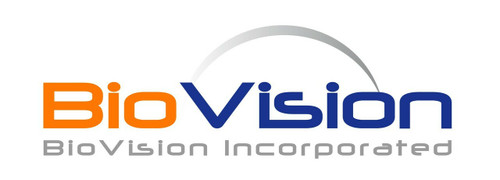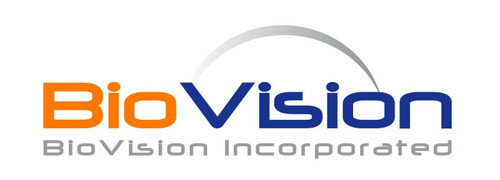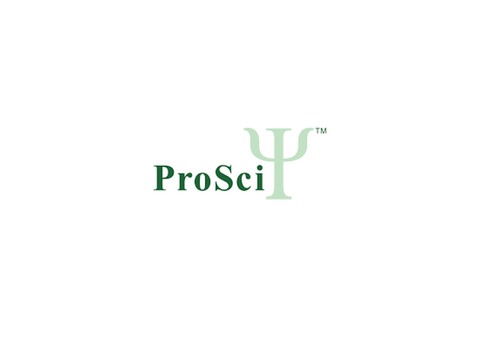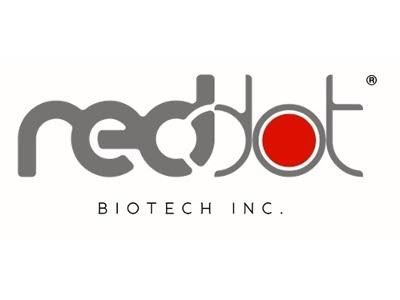Product Description
NAD kinase catalyzes the transfer of a phosphate group from ATP to NAD+ to generate NADP+, which in its reduced form acts as an electron donor for biosynthetic reactions. NADP+ is an essential coenzyme in metabolism and provides reducing power to biosynthetic processes such as fatty acid biosynthesis.
Biovision | 7560 | NAD Kinase human recombinant DataSheet
Biomolecule/Target: NAD Kinase
Synonyms: NADK; Poly (P)/ATP NAD Kinase; EC 2.7.1.23.
Alternates names: NADK; Poly (P)/ATP NAD Kinase; EC 2.7.1.23.
Taglines: Catalyzes the transfer of a phosphate group from ATP to NAD+ to generate NADP+
NCBI Gene ID #: 20303
NCBI Gene Symbol: CCL4
Gene Source: Human
Accession #: P14097
Recombinant: Yes
Source: E. coli
Purity by SDS-PAGEs: 98%
Assay: SDS-PAGE
Purity: N/A
Assay #2: N/A
Endotoxin Level: N/A
Activity (Specifications/test method): N/A
Biological activity: Determined by its ability to chemoattract human blood monocytes using a concentration of 20-100 ng/ml
Results: 1U/mg protein. One unit is defined as the amount of enzyme that synthesizes 1 µmol of NADP per min.
Binding Capacity: N/A
Unit Definition: One unit is defined as the amount of enzyme that synthesizes 1 µmol of NADP per min.
Molecular Weight: ~50 kDa (monomer). Human full length NAD kinase (aa 1-446) is fused at the N-terminus to a His-tag.
Concentration: 1 mg/ml
Appearance: Liquid
Physical form description: 1 mg/ml of ammonium sulphate suspension.
Reconstitution Instructions: Reconstitute in HO to a concentration of 0.1-1.0 mg/ml. This solution can then be diluted into other aqueous buffers and stored at 4°C for 1 week or 20°C for future use.
Amino acid sequence: N/A
 Euro
Euro
 USD
USD
 British Pound
British Pound
 NULL
NULL












